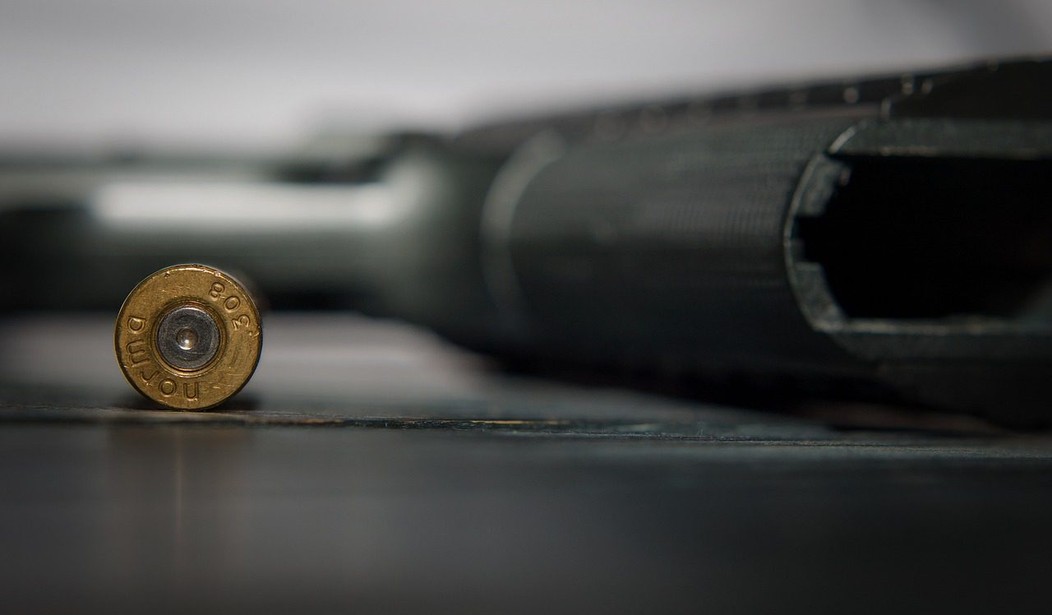The Bruen decision upset a lot of apple carts. It basically said that you can’t pass gun control unless you can find a law from around the time of the nation’s founding that is a direct correlation to what you want to uphold.
Of course, tons of people freaked out immediately. Scores of op-eds appeared screaming about how that’s simply not how it should be done–never mind that we don’t accept limits on other rights at all and Bruen still gave lawmakers a path–and we were told this would hamper public safety efforts.
But according to an “expert” Slate spoke to, that’s not a challenge at all.
But America’s gun policy history seems to be more important to many courts than the present. Last summer, the Supreme Court struck down a New York state concealed carry law because, in the view of the court’s majority, it went against the original intent of the Second Amendment. That ruling set a precedent that all gun laws should be judged against “historical tradition.” And in the year since that ruling was made, more than 100 state and federal gun laws have been challenged.
Courts have struck down limits on gun ownership for domestic abusers, accused felons, and young adults. They’ve overturned bans on guns with shaved-off serial numbers and guns made with 3D printers. All were overturned based on the notion that the U.S. of the 1700s didn’t have gun control.
But Spitzer says that actually, the opposite is true. “It’s difficult to think of any kind of gun law that you can think of today that didn’t exist in some form 150, 200, 300 years ago. In many respects, guns and weapons were more strictly regulated in our first 300 years of history than in the last 30 years.”
Is that remotely true?
Well, sure.
Let’s remember that Spitzer is looking at pretty much the totality of firearm laws in our nation’s history. These days, though, there are fewer gun control laws today than there were in the more distant past.
But Bruen isn’t about the first 300 years of our history. It’s about a particular snapshot of that history, and I don’t think Spitzer gets that.
Why? Because of his comments here.
That’s the thing when you go looking into history: Some folks were property. I’m curious what kinds of questions are typically being debated and come up in these cases.
There’s been a lot of discussion and analysis of laws that restricted concealed carrying of weapons, for example. Laws that restricted the open carrying of weapons, laws that restricted the brandishing or display of weapons, laws that restricted various types of weapons that were used heavily in fights and in duels and in crimes, such as long-bladed thin knives, especially the famous Bowie knife. Now, a knife is not a gun, but a knife is an arm. It’s a weapon, and it’s a good example of how various kinds of weapons were essentially prohibited in order to solve a criminal problem.
And you could certainly argue that that’s very similar to what states are doing now in restricting assault weapons, precisely because assault weapons have been used in very specific criminal categories, even though they represent a small percentage of all the guns in the country—in mass shootings, in attacks on police, and in right-wing militant, anti-government groups and drug gangs. So, that’s the criminological problem, and that’s how some states have approached it.
Except that those laws against Bowie knives? They date from around 1850 or so. They’re not exactly from the time of the Founding Fathers.
As such, it’s unlikely such laws can successfully serve as an analog for restricting something like an AR-15.
Then again, Spitzer also tries to claim that our Founding Fathers didn’t really go for guns that could be used to shoot people.
America’s love of firearms is newer than people think, right? The argument that the Second Amendment authors were generally against gun control partly comes from the idea that guns have been a fundamental part of American society from the very start. You say that’s an exaggeration. There may have been fewer laws regarding military-grade weapons, but that was because hardly anyone owned guns meant to shoot people. Most guns were for hunting, and handguns were still a luxury item for the rich.
Our images of frontier life have been badly distorted by popular culture. And that distortion of popular culture dates back to the time of frontier settlement by Eastern European settlers traveling across the West. The West wasn’t settled by or with guns, primarily. The West was settled by farmers, ranchers, tradespeople, political leaders. And was there gun violence? Yes. Were there guns? Yeah. But it was nowhere the popular culture image that so many people have today.
I hate to break it to Spitzer, but those farmers, ranchers, tradespeople, and political leaders? They generally went west with guns.
It seems pretty clear what he’s doing, though. See, this isn’t about finding the facts. What Spitzer is doing is pushing a revisionist version of history so that Slate’s readers can feel good. He probably figures he’ll get speaking gigs and book deals because he’s telling gun control advocates what they want to hear, that they can still push gun control even under Bruen.
Yet if this is as much of a slam dunk as he likes to claim, then why aren’t we seeing this in the defense of existing gun control laws?
Maybe because even the attorneys there know much of this is absolute nonsense?








